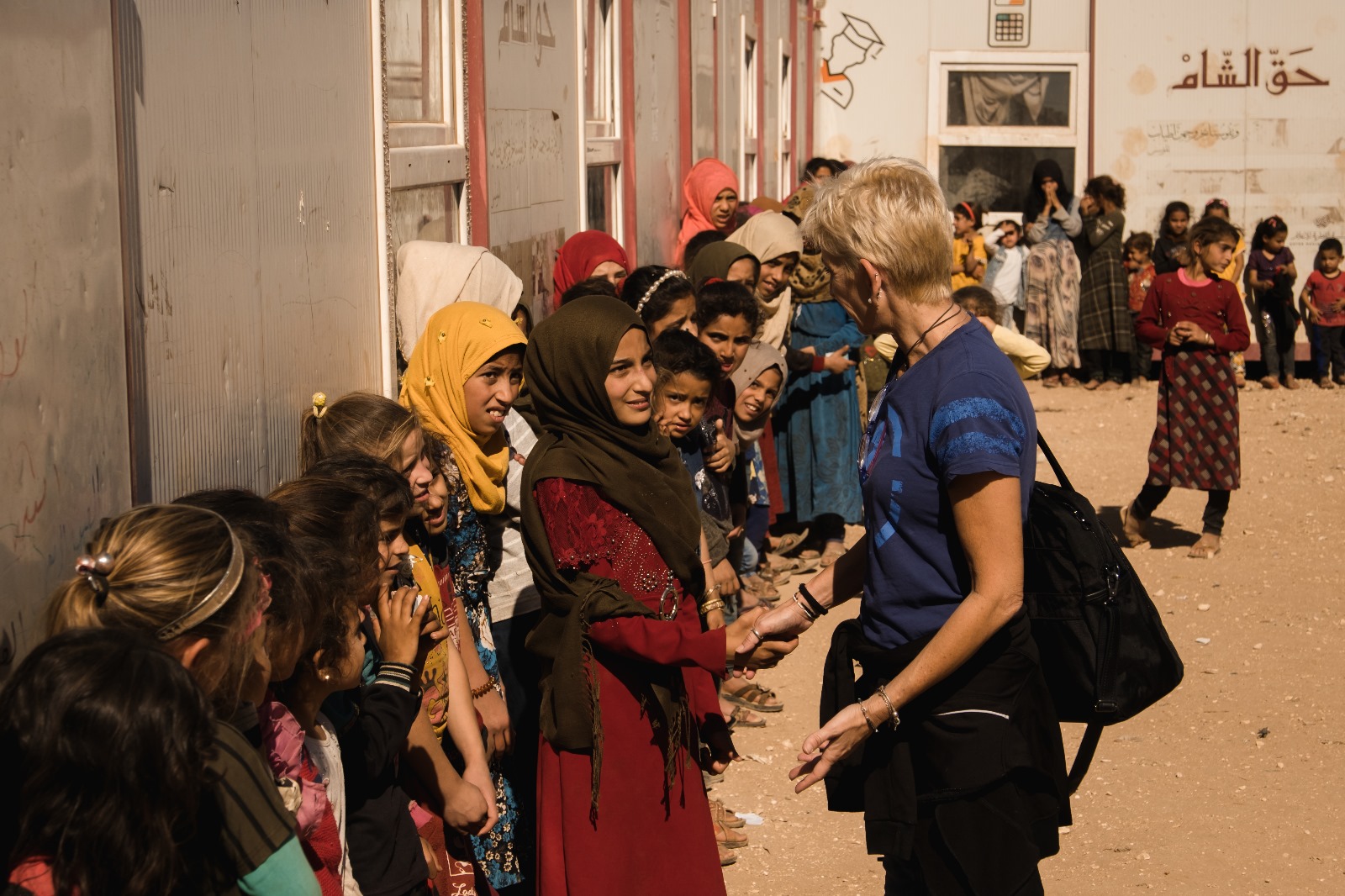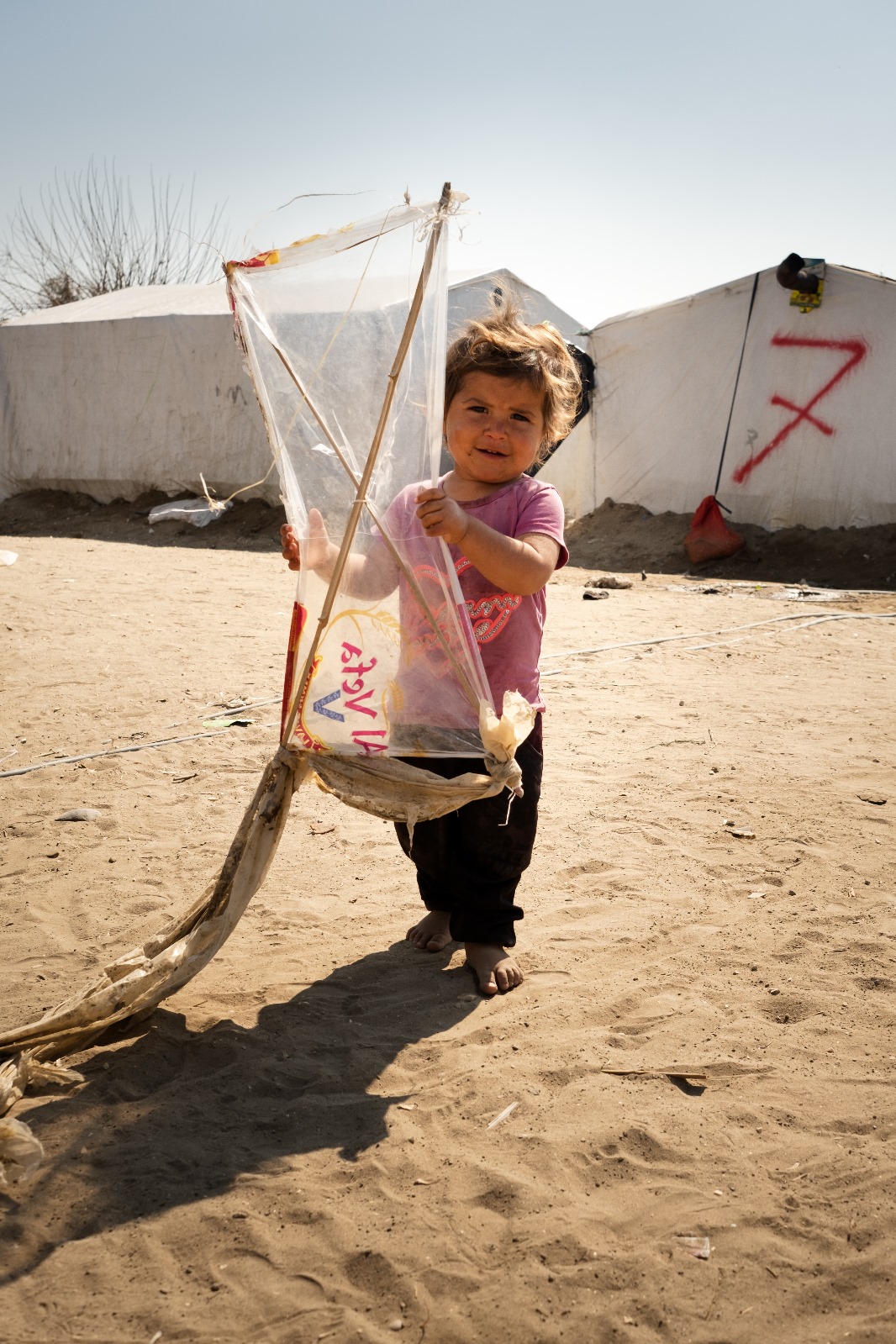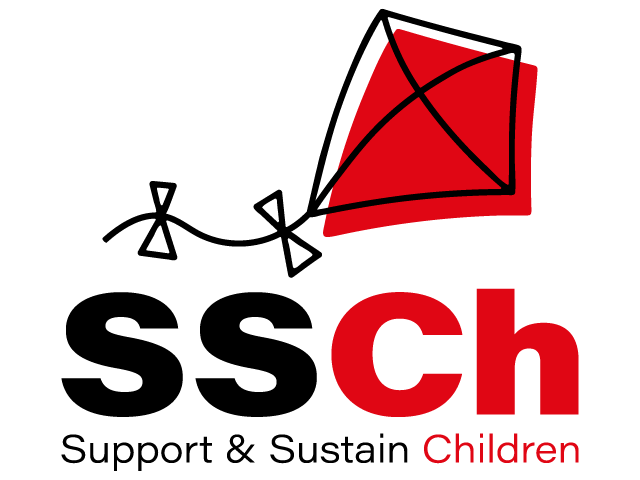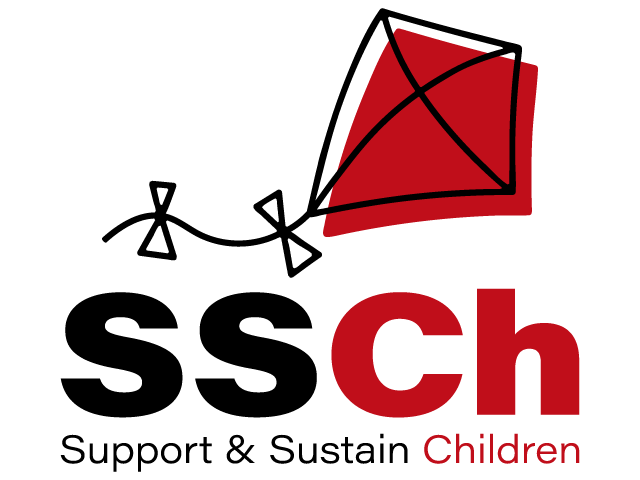Along the Turkish-Syrian border there are refugee camps without any official support and recognition.
In these contexts of extreme degradation, children are the most exposed because they lack the essentials: water, food, medical care, shelter and education.
Syria

The Syrian civil war, which began on 15 March 2011, has caused the flight of over 6 million people, of which 4.5 million are dispersed in areas where there is a lack of reception facilities and subsistence goods. SSCh has decided to support two projects in this tormented country: the pediatric clinic inside the Bab Al Salam refugee camp and the AMAN Project dedicated to women left alone and unable to provide for themselves and their children.
Ongoing projects
Turkey

Turkey hosts more than half of the 6 million Syrians displaced by the war. There are refugee camps financed by UNHCR and managed by Afad, the Turkish government agency whose assistance programs nevertheless meet the primary needs of approximately 300,000 Syrians. The most difficult situation is that of those who live outside the official camps.
SSCh has been operating for 10 years in one of the spontaneous camps that arose along the Turkish-Syrian border. These camps differ from government ones due to the total absence of humanitarian aid. The living conditions are unimaginable. SSCh is the only company that takes charge of these ‘invisible’ places by entering and operating directly on site. It takes care of over 900 families for a total of 6000 people of which 4000 are minors. Among these, several hundred are orphans.
Ongoing projects in the spontaneous refugee camp
SSCh takes on the enormous difficulties of those who live in the camp in dramatic conditions on a daily basis. In this context, emergencies are countless and all of them are priorities. Dedicated resources and careful management of each individual aid are necessary in order to guarantee refugees – and children in particular – dignified living conditions. To achieve this objective and guarantee its continuity, projects are active which concern various areas of intervention: from food supplies, to medical care, to the management of cases of malnutrition and fragility, to education, to the procurement of basic necessities and any other emergency that may arise over time.
Madagascar

MADAPROJECT, A DROP AT A TIME
In the south of Madagascar, in the Toliara region – one of the driest and most vulnerable areas of the island – the communities of Andojy, Ankororoka, Betsinefo and Befoly – around 2,000 people, including more than 600 children – have been living for years with a chronic water crisis, worsened by climate change and geographical isolation.
Here, access to safe water is extremely limited, wells are often unusable, and families depend on external water deliveries to meet their most basic needs.
The MadaProject – One Drop at a Time was created to ensure safe and sustainable access to water, improve health and nutrition, and strengthen the autonomy of local communities.
Emergency interventions (water trucking and medical support) are always paired with training activities, on-site learning workshops and feasibility studies aimed at identifying long-term, sustainable solutions.
With the support of our local partner FALIFALY and the expertise of doctors, agroecology specialists and water-harvesting experts, the project promotes a community empowerment pathway based on active participation and local capacity building.
All implemented actions rely on continuous training and capacity building for beneficiaries, and on the empowerment of local focal points who become our “eyes and ears” in the field – key figures who ensure continuity, listening, and long-term ownership of the project.
PROJECT ACTIONS:
Gaza

GAZA, HELP NOW
In response to the humanitarian emergency in Gaza, we are committed to providing vital aid despite communication difficulties and risks. With our team on the ground, every week we distribute food parcels and prepare nutritious meals for children, striving to also provide fresh vegetables. To address the water shortage, a water tanker truck supplies four different points across the Strip. In addition, we deliver tents to those living on the streets, offering shelter and dignity.
As long as the conflict and emergency continue, we will be there.


